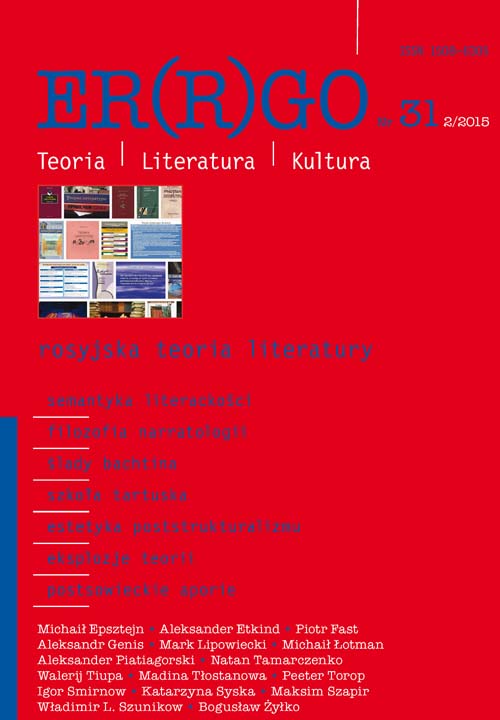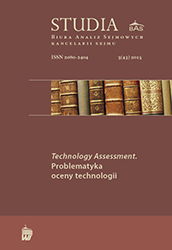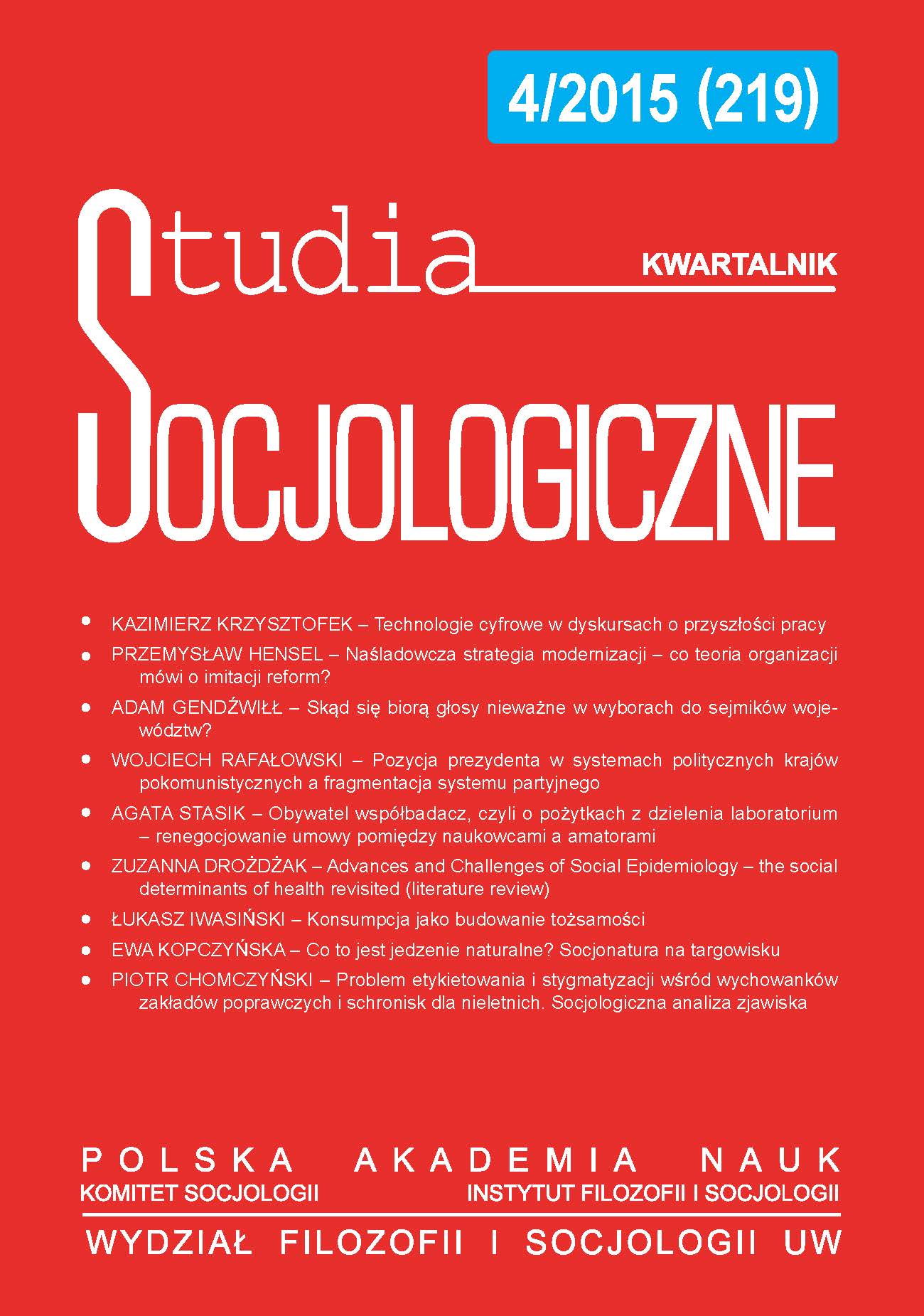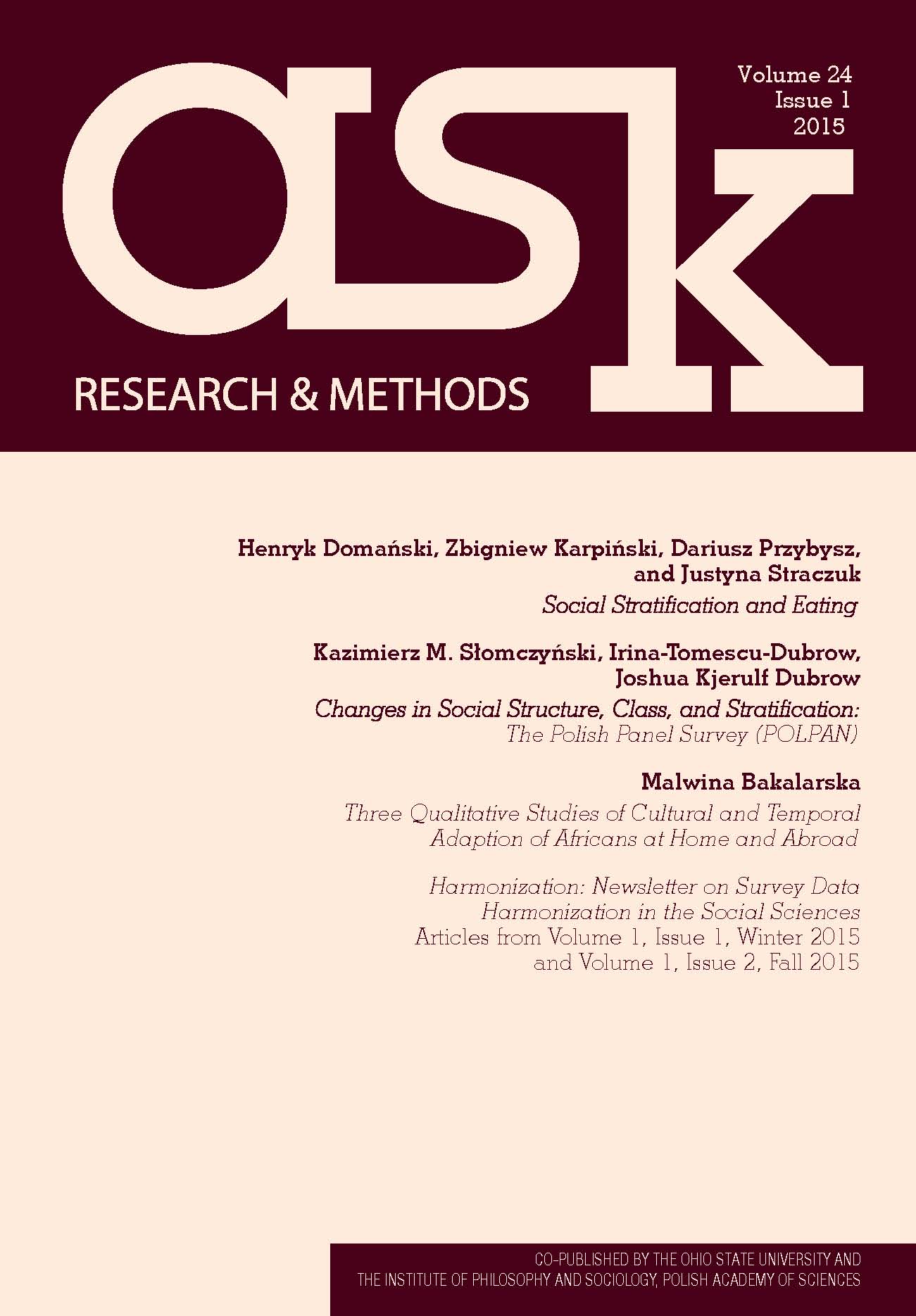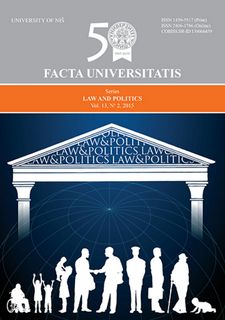
SOCIAL POLICY OF THE UNITED NATIONS AND ITS IMPLEMENTATION IN LOCAL COMMUNITIES
The study of social policy almost always has its beginning in the Organization of the United Nations. It is also the source and meeting place for local social policy, benchmark against which the standards are established. Poverty, illiteracy, hunger and social inequality have become serious reasons that can impair global relations, which is the main motive for the creation of ECOSOC. Since its formation, the United Nations has made significant achievements in the field of social policy and has proven to be an indispensable instrument for international cooperation. The UN, with more or less success, remained consistent with its proclaimed goals and principles. A large number of UN declarations in the field of protection of workers, women, children and many other aspects of social policy attain its final form and true value only after their implementation in local communities. Inequalities between regions, crime and unemployment must be accepted as a reality. But it is right there that the need for the UN activities emerges, which should create timely and appropriate measures in the field of social policy and be applied all the way to the local level.
More...
